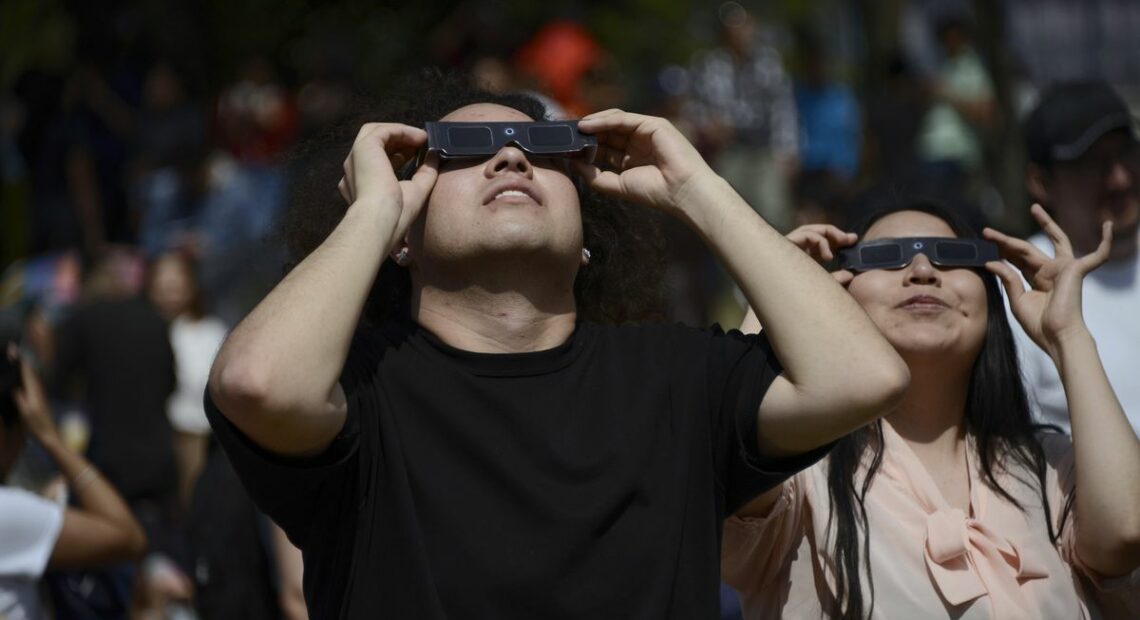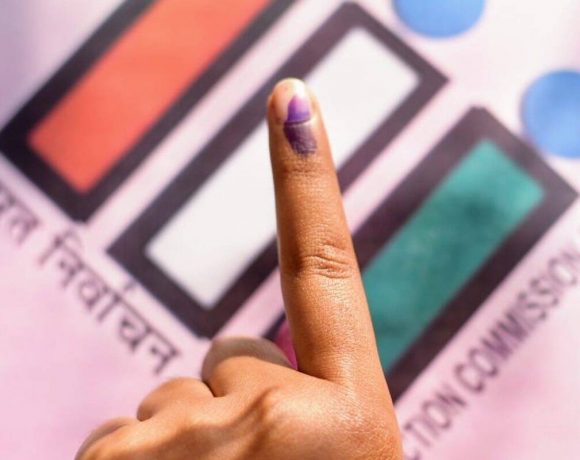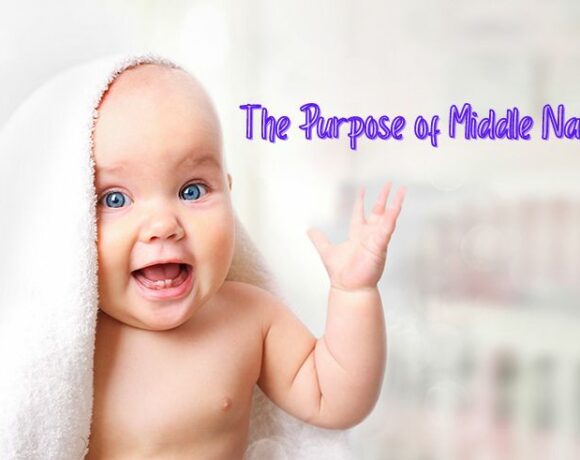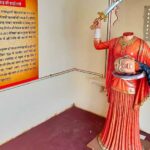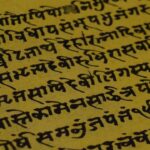The solar eclipse of 2024 has captured the curiosity and attention of people around the world, leading to a surge in online searches related to eye health and safety. As viewers across the globe witnessed the spectacular celestial event, many were left wondering, “Why do my eyes hurt?” and “What are the risks of looking at the sun during a solar eclipse?” Let’s explore the significance of these trending searches and understand the importance of protecting our eyes during solar eclipses:
Understanding Solar Eclipses:
A solar eclipse occurs when the moon passes between the sun and the earth, casting a shadow on the earth’s surface and blocking all or part of the sun’s light. During a total solar eclipse, the sun is completely obscured by the moon, creating a mesmerizing display of darkness in the middle of the day. While solar eclipses are awe-inspiring events to witness, they also pose potential risks to eye health if proper precautions are not taken.
Why Do My Eyes Hurt?
One of the most common queries following a solar eclipse is, “Why do my eyes hurt?” The answer lies in the intense brightness of the sun, which can cause discomfort and strain on the eyes, especially when viewed directly. Staring at the sun during a solar eclipse, even for a brief moment, can lead to temporary or permanent damage to the retina, the light-sensitive tissue at the back of the eye.
Risks of Viewing the Sun During a Solar Eclipse:
Looking directly at the sun during a solar eclipse can result in a condition known as solar retinopathy, where the sun’s intense rays cause damage to the cells of the retina. Symptoms of solar retinopathy include blurred vision, distorted vision, and sensitivity to light. In severe cases, solar retinopathy can lead to permanent vision loss or blindness.
Protecting Your Eyes During a Solar Eclipse:
To safeguard your eyes during a solar eclipse, it is essential to use proper eye protection, such as solar viewing glasses or solar filters. These specialized glasses and filters are designed to block harmful ultraviolet (UV) rays and infrared radiation, allowing safe viewing of the sun without risking eye damage. It is crucial to ensure that the solar viewing glasses or filters are certified and meet the necessary safety standards.
Conclusion:
As interest in celestial events like solar eclipses continues to grow, it is essential to raise awareness about the importance of eye safety and protection. While witnessing a solar eclipse is a captivating experience, it is crucial to prioritize the health and well-being of our eyes. By using certified solar viewing glasses or filters and avoiding direct viewing of the sun, we can enjoy the beauty of solar eclipses safely and without harm to our eyes. Let’s continue to educate and empower people to take proactive measures to protect their vision and appreciate the wonders of the universe responsibly.
Picture Courtesy: Google/images are subject to copyright

